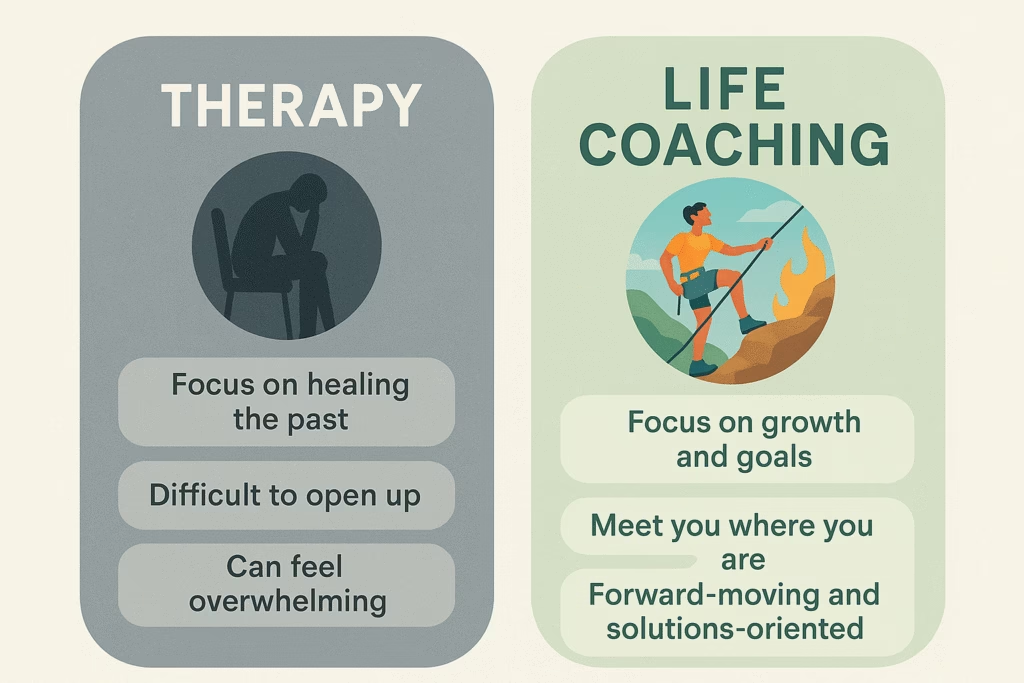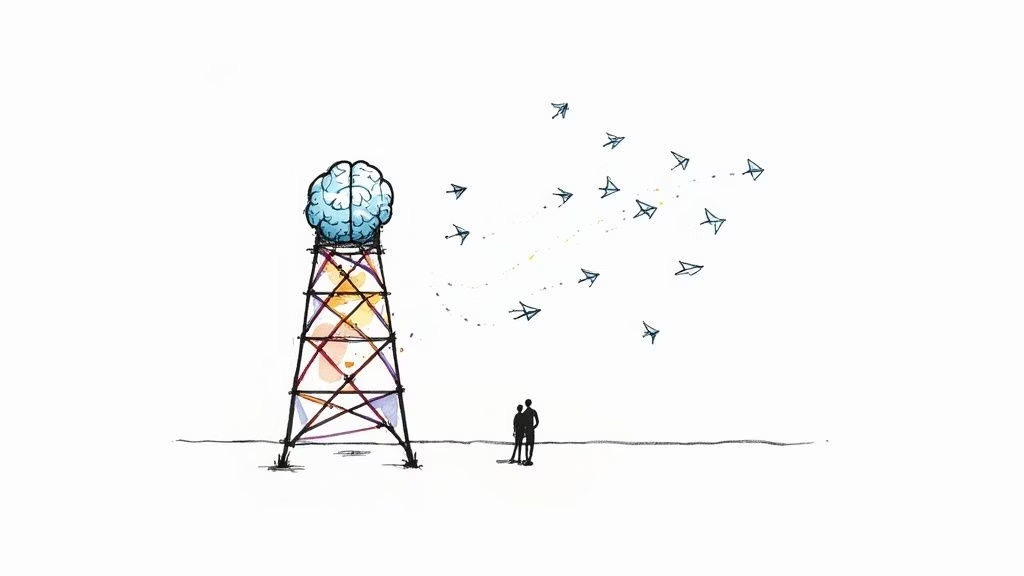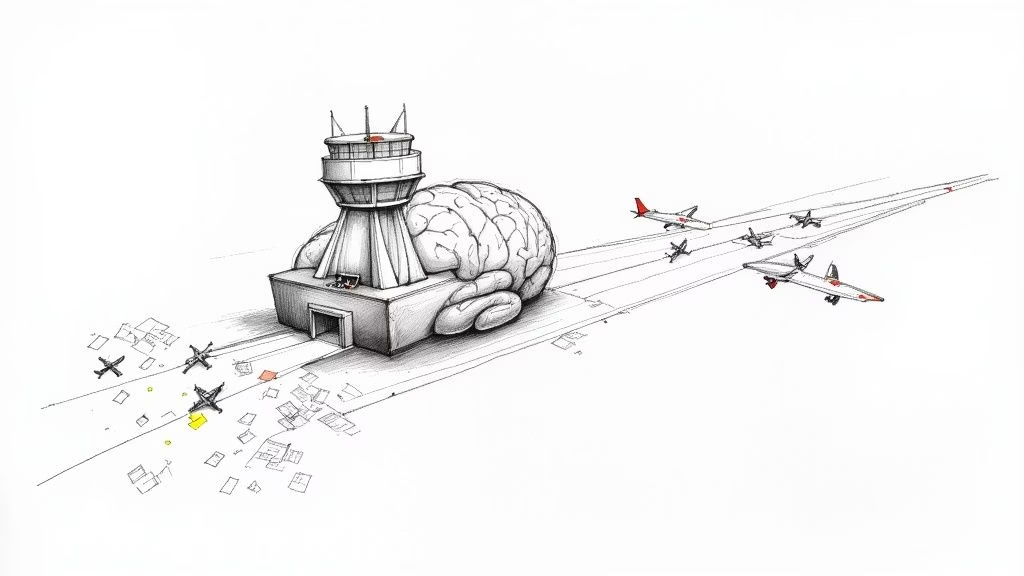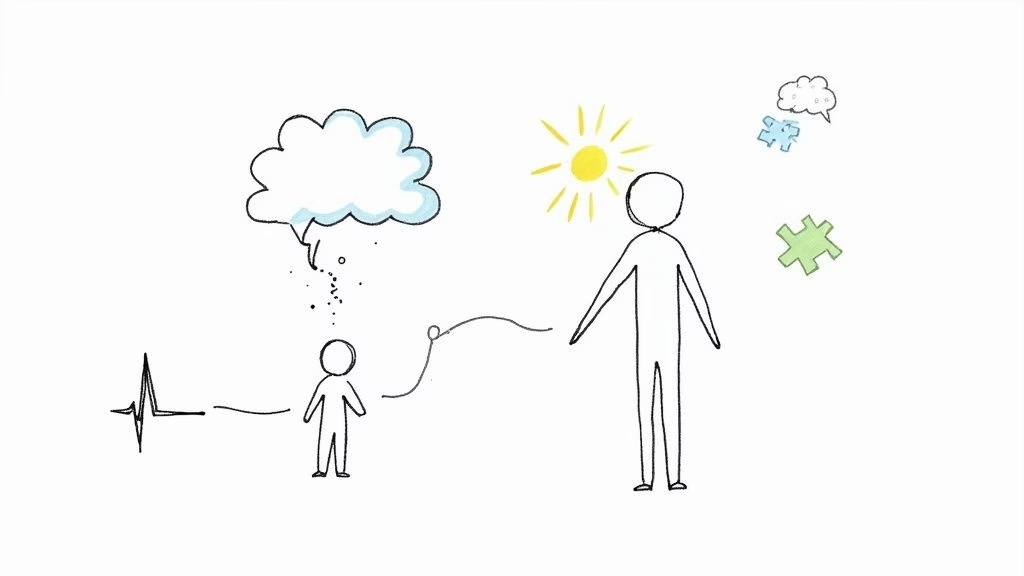When I was a teenager, my mom—who was also a therapist—wanted me to go to therapy. I know her heart was in the right place. She saw me struggling, and therapy seemed like the obvious answer. While therapy can be incredibly helpful, finding a life coach for teens might be another avenue worth considering. There’s one thing I’ve learned over the years: you can’t force a teenager to open up, heal, or grow—no matter how good your intentions are.
I remember sitting in those therapy sessions and not saying a word. I didn’t want to admit that anything was “wrong” with me. I thought if I opened up, I’d be judged—not just by the therapist, but by my own inner critic. That’s where the stigma often starts for teens: if I’m in therapy, it must mean something is wrong with me.
What my mom—and many well-meaning parents – didn’t realize at the time is this: you can’t force growth. You can hold space for growth. You can offer support, encouragement, and resources. But forcing a teenager to talk about their feelings when they’re not ready often makes them shut down even more.
That’s exactly what happened to me. The more I felt pushed to “share my feelings,” the more I guarded them. I wasn’t ready to be vulnerable in the way therapy often requires. I didn’t yet have the emotional tools or trust to go there.

When I Found a Life Coach for Teens, Everything Shifted
Eventually, I started working with a life coach for teens—and the experience was completely different. The space felt safer, lighter, and more forward-focused. There was no label. No diagnosis. No assumption that something was broken or needed to be fixed.
One of the biggest myths I had to overcome was this:
“Working with a coach means there’s something wrong with me.”
As soon as I let go of that belief, things started to open up. Unlike therapy, where the focus can often be on healing the past or treating a diagnosis, coaching is about building from the present and moving toward a goal. It’s not about fixing a problem. It’s about coaching the person, not the problem.
The Key Difference: Therapy vs. Coaching for Teens
Let me be clear—therapy is not bad. I work with a therapist now at 29, and it’s been an amazing part of my personal growth. But I have the emotional maturity and capacity now that I simply didn’t have as a teenager.
Back then, what I needed most was someone who could meet me where I was, help me build confidence, and guide me through challenges without labeling me. Coaching did that.
Here’s a breakdown of the difference:
| Therapy | Life Coaching |
|---|---|
| Focuses on healing and diagnosing mental health issues | Focuses on growth, goals, and personal development |
| Often rooted in the past | Rooted in the present and future |
| Therapist is the expert | Coach is a guide and partner |
| Can be perceived as “something is wrong with me” | Seen as “I want to grow and improve” |
| May include mental health diagnoses | No diagnoses, just support and growth |
Parents: What Does Your Teen Really Need?
If you’re a parent wondering whether your child needs a therapist or a life coach for teens, ask yourself this:
- Are they ready and open to exploring deep emotional healing?
- Or do they need support with confidence, motivation, and life direction?
- Are they withdrawing from traditional therapy?
- Could coaching offer a fresh, non-judgmental approach?
Ultimately, it’s not about what you think is best. It’s about tuning into where your teen is at and what support they’re actually willing to receive. You can’t force growth. But you can help create a space where it’s possible.
Final Thoughts
For me, life coaching was the bridge. It helped me build confidence, develop emotional tools, and take steps forward—without feeling judged or “broken.” Later, as an adult, therapy became a powerful tool in my growth journey too. Both are valuable. The key is timing, readiness, and what your teen actually needs.
If you’re curious whether life coaching might be a better fit for your teen right now, I offer free consultation calls to explore what’s best for them – without pressure, labels, or expectations.



















